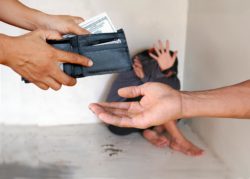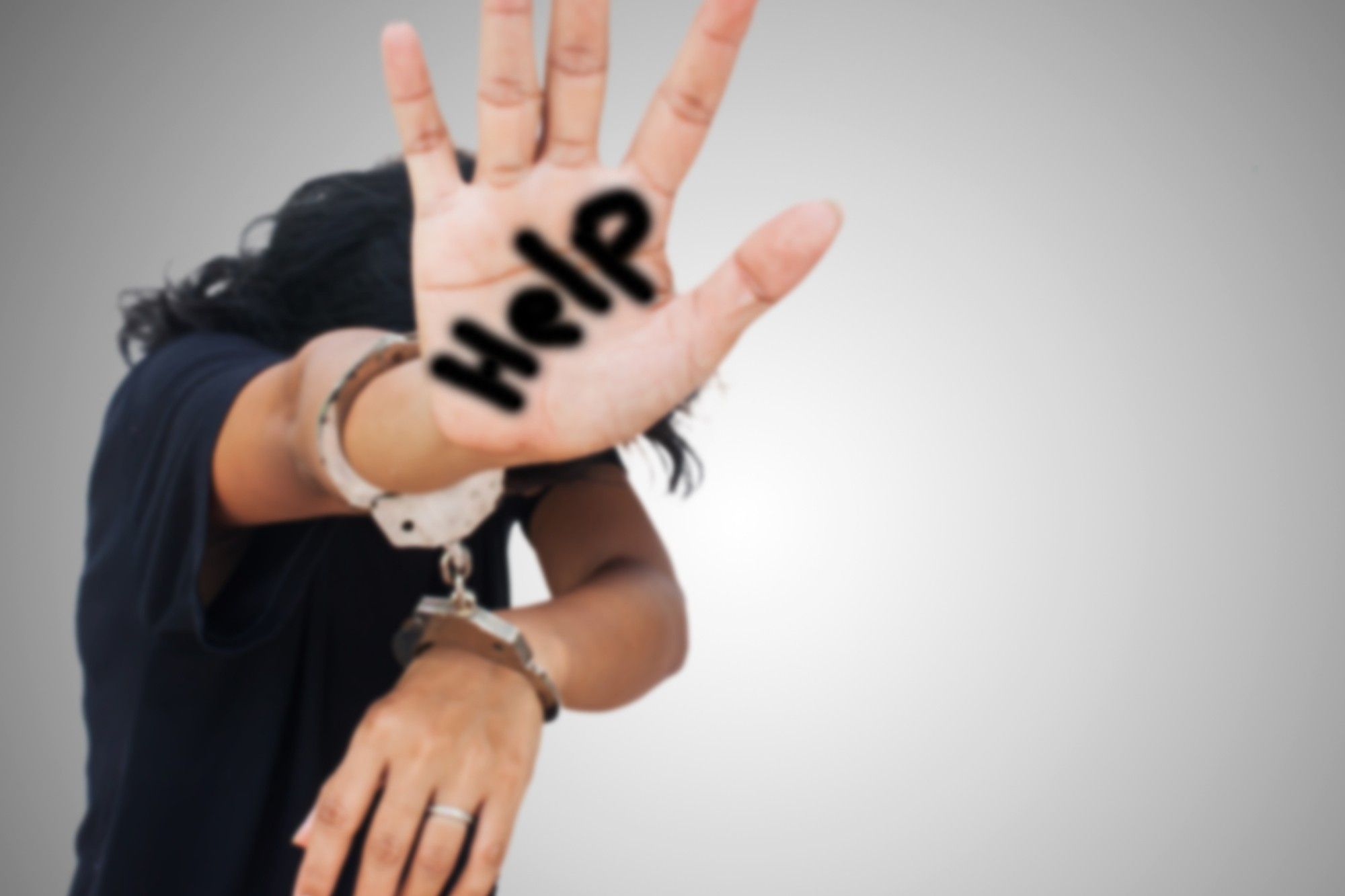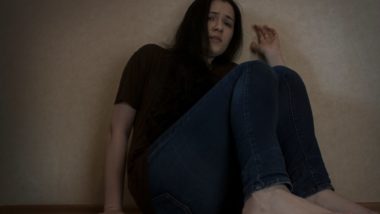Top Class Actions’s website and social media posts use affiliate links. If you make a purchase using such links, we may receive a commission, but it will not result in any additional charges to you. Please review our Affiliate Link Disclosure for more information.
A new report analyzing patterns in historical human trafficking statistics shows that while most victims in Milwaukee came from the city, many of those victims were trafficked in cities and states outside of Wisconsin, according to reporting by the Milwaukee Journal Sentinel (MJS).
This report was formulated as a part of a multi-agency collaboration on human trafficking. According to the Milwaukee Community Journal, the agencies involved were the Milwaukee Homicide Review Commission (MHRC), the Medical College of Wisconsin (MCW) Institute for Health and Equity, Milwaukee Sexual Assault Review, and Milwaukee Police Department’s Sensitive Crimes Division.
Historic Human Trafficking Statistics
As a follow-up to a study compiling human trafficking statistics completed in March 2018, this report notes that the original study was intended to estimate the magnitude of sex trafficking in the city of Milwaukee based on data gathered by the Milwaukee Police Department (MPD).
That study identified 340 individuals in Milwaukee under the age of 25 who had been reported by the Milwaukee Police Department (MPD) as confirmed or “believed” victims of sex trafficking between Jan. 1, 2013 and Dec. 31, 2016. The study included complete historical and demographic information for 231 of those victims. Information collected includes the victim’s last known residence and the locations where trafficking has occurred.
“We’re looking at the people,” Mallory O’Brien, founding director of MHRC and assistant professor at the Institute of Health and Equity at MCW, told the MJS. “We’re looking at the places and we’re looking at the environment to figure out where can we intervene.”
Where Are People Being Taken From?

The 3 percent of subjects not trafficked from Wisconsin came from Illinois, Indiana, South Dakota, and Ohio. 88 percent of those included in the study last resided in the city of Milwaukee; 9 percent came from other cities in Wisconsin; and 3 percent last resided in cities outside of Wisconsin.
Where Are Incidents Happening?
An analysis of where trafficking incidents happen and theories on what characteristics of those areas make them hot spots for human trafficking makes up the majority of the report’s conclusions. According to the report, 71 subjects reported being trafficked outside of Wisconsin in 42 different cities and 20 states with nearly 20 incidents occurring in Chicago.
Thirty different Wisconsin cities were the site of trafficking incidents; Green Bay accounted for five of those. Within Milwaukee, 27 incidents occurred in areas that include hotels near the Mitchell International Airport, 25 occurred on the city’s south side, and 20 others were reported in both the north side and the northwest side of the city.
“I think it really clarified for us that our victims were not just staying locally, but that they were going to a lot of other states in the nation, and I think it shows again this isn’t just a Milwaukee issue,” Aimee Obregon, a co-author of the new report, told the MJS. “We’ve got victims coming into Milwaukee, we have victims leaving Milwaukee, so again, it really just shows the importance of the collaborative piece of that.”
What Human Trafficking Statistics Say About Poverty and Violence
Another conclusion reached by the report is that human trafficking seems to be related to other forms of violence in the city. Hot spots of human trafficking found in the study overlapped with areas with higher rates of homicide and nonfatal shootings when compared with the rest of the city. Based on census data, the MJS reports these areas also have higher rates of poverty and lower rates of education.
“A lot of the crime patterns we see are actually symptoms, connected to much deeper underlying issues,” said Constance Kostelac, the new director of the MHRC.
The report emphasized the need to gather more information about the issues facing these areas with high rates of human trafficking to understand the connections from a preventative standpoint. It reiterated points made in the original study regarding the need for Milwaukee police to be trained to tell the difference between victims of human trafficking and adults participating in prostitution. It also stated that medical and social services should be better trained to identify and respond to potential human trafficking.
If you were a victim of sex trafficking and forced to work at a truck stop, hotel or motel, night club or other hotel venue, you may be eligible to move forward with a civil investigation against these businesses. This investigation involves a civil case, and is not a criminal case against you or your loved ones.
Top Class Actions is working with experienced human trafficking attorneys who will be informed and sensitive to your situation. Join the fight by filling out the short form on this page.
ATTORNEY ADVERTISING
Top Class Actions is a Proud Member of the American Bar Association
LEGAL INFORMATION IS NOT LEGAL ADVICE
Top Class Actions Legal Statement
©2008 – 2024 Top Class Actions® LLC
Various Trademarks held by their respective owners
This website is not intended for viewing or usage by European Union citizens.
Get Help – It’s Free
Help for Human Trafficking Survivors
If you qualify, an attorney will contact you to discuss the details of your potential case at no charge to you.
E-mail any problems with this form to:
Questions@TopClassActions.com.












